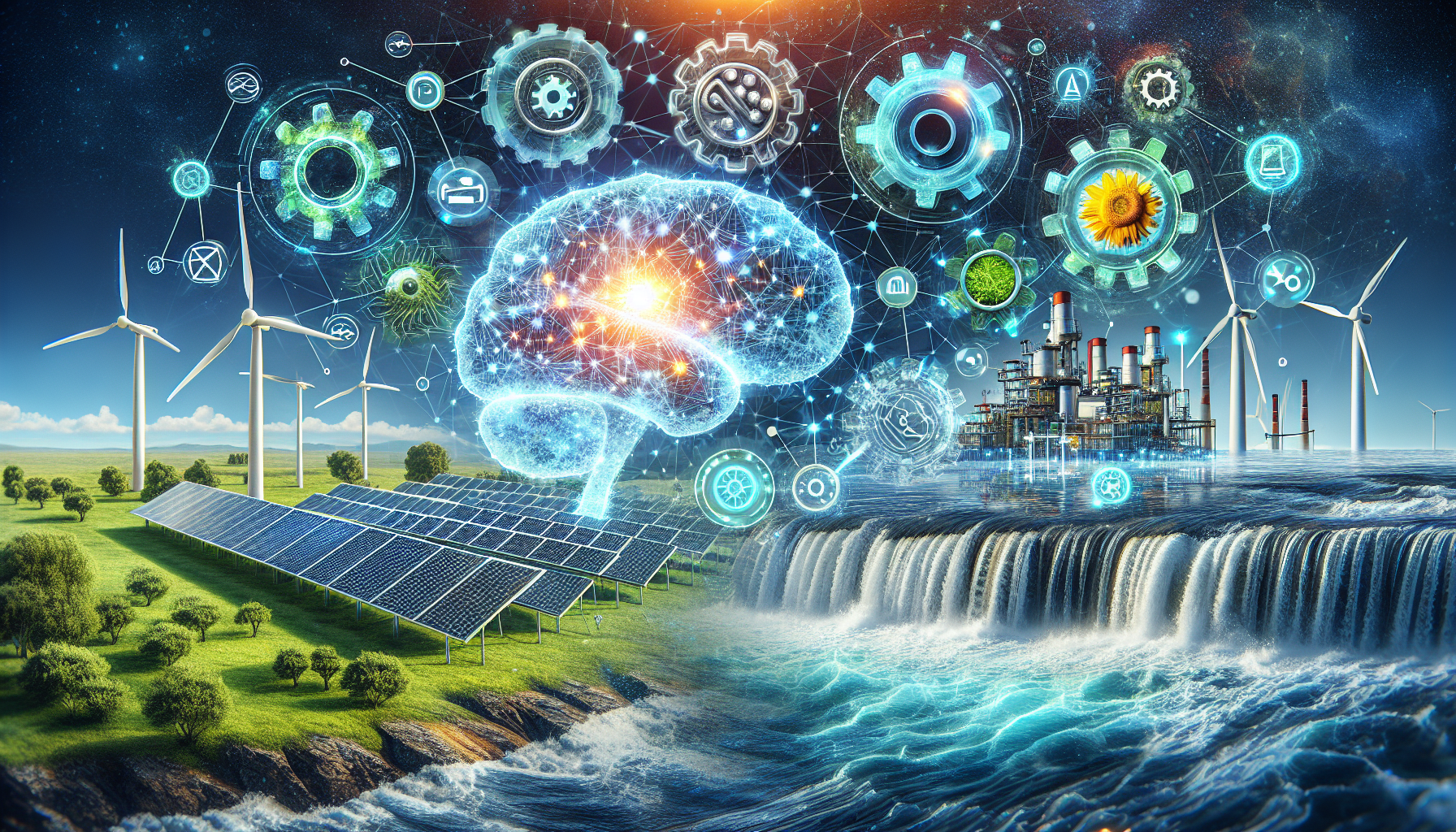AI in Energy Management: How Machine Learning Can Optimize Renewable Resources
The integration of Artificial Intelligence (AI), particularly Machine Learning (ML), into energy management is revolutionizing how we optimize the use of renewable resources like solar and wind energy. As the world increasingly shifts towards sustainable energy solutions, the role of AI in enhancing efficiency and reliability is becoming crucial. In this blog post, we explore the different ways in which machine learning can enhance the management of renewable energy resources, focusing on optimization and efficiency.
Key Areas of Impact
Prediction and Forecasting
AI models are superbly equipped to predict and forecast energy needs and production. By analyzing historical data and various environmental inputs, machine learning algorithms can forecast power production from renewable sources with remarkable accuracy. This capability is essential for:
- Balancing Supply and Demand: Accurate forecasts help in balancing electricity supply from renewables with the demand, which is often volatile and unpredictable.
- Grid Integration: Effective forecasting aids in the integration of renewable energy into the power grid, ensuring stability and reducing reliance on fossil fuels.
Optimization of Resource Allocation
Machine learning can dynamically allocate resources to maximize efficiency based on predictive analytics. Some applications include:
- Load Balancing: ML algorithms can predict peak load times and can shift renewable resources accordingly to manage these peaks effectively.
- Maintenance Scheduling: Predictive maintenance powered by AI can help in scheduling maintenance for energy equipment at optimal times, thus reducing downtime and costs.
Energy Consumption Efficiency
ML algorithms can also be used to optimize the energy usage patterns in industrial and residential settings. By learning from consumption patterns, these systems can suggest or automatically adjust the energy usage to minimize waste. This includes:
- Smart Metering and Grids: Enhancing the functionality of smart grids with AI allows for more precise control and monitoring, leading to better energy management.
- Demand Response Systems: AI can optimize energy usage and load during peak times, contributing to overall energy savings and system efficiency.
Challenges and Considerations
While the benefits of integrating AI in energy management are substantial, there are challenges and considerations that must be addressed:
- Data Privacy and Security: With the increasing use of AI and IoT devices, ensuring the privacy and security of data collected is paramount.
- Integration with Existing Infrastructure: The integration of AI technologies with existing energy systems must be managed carefully to avoid disruptions.
Conclusion
The potential of AI in energy management is vast and growing. By leveraging machine learning, the energy sector can not only improve operational efficiencies but also advance towards a more sustainable and resilient energy future. The implementation of AI in optimizing renewable resources is a promising frontier in the ongoing quest for energy innovation and sustainability.




